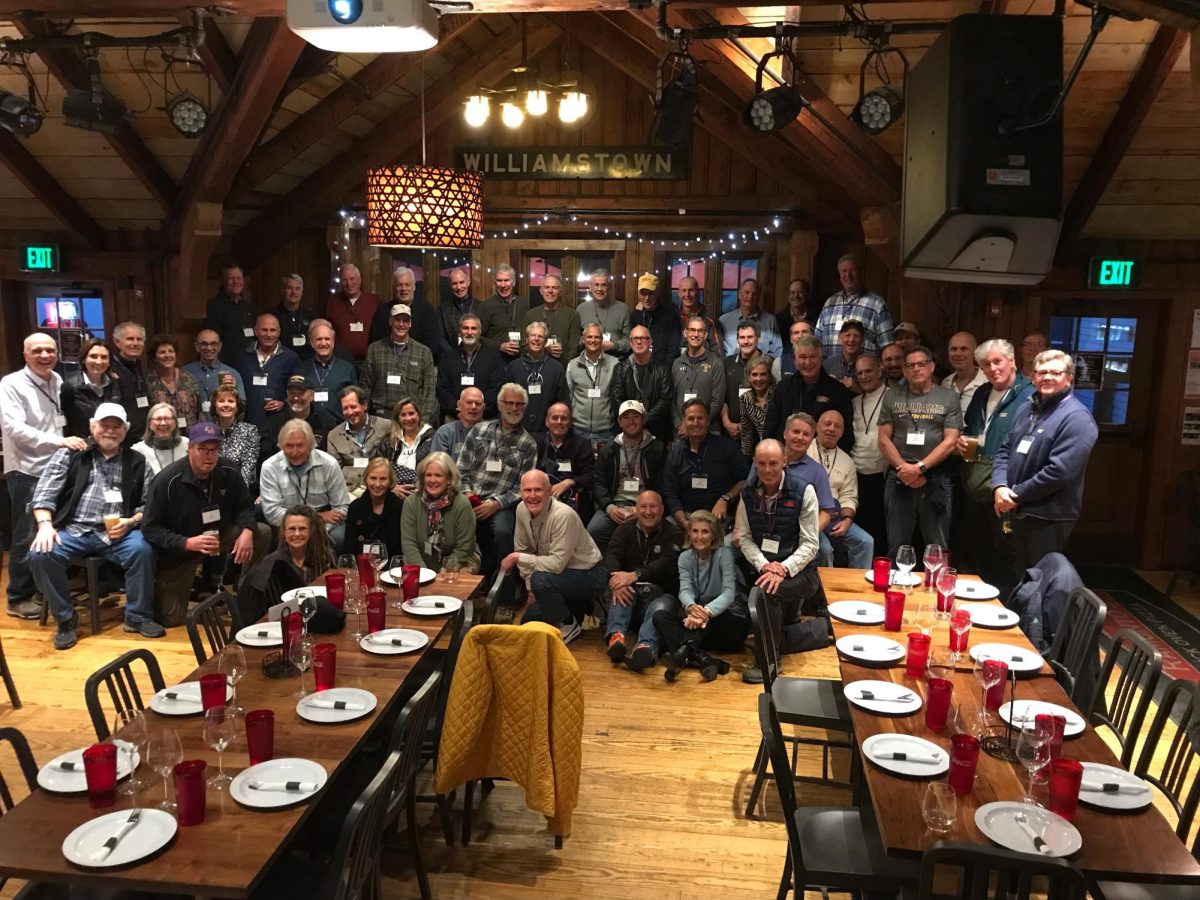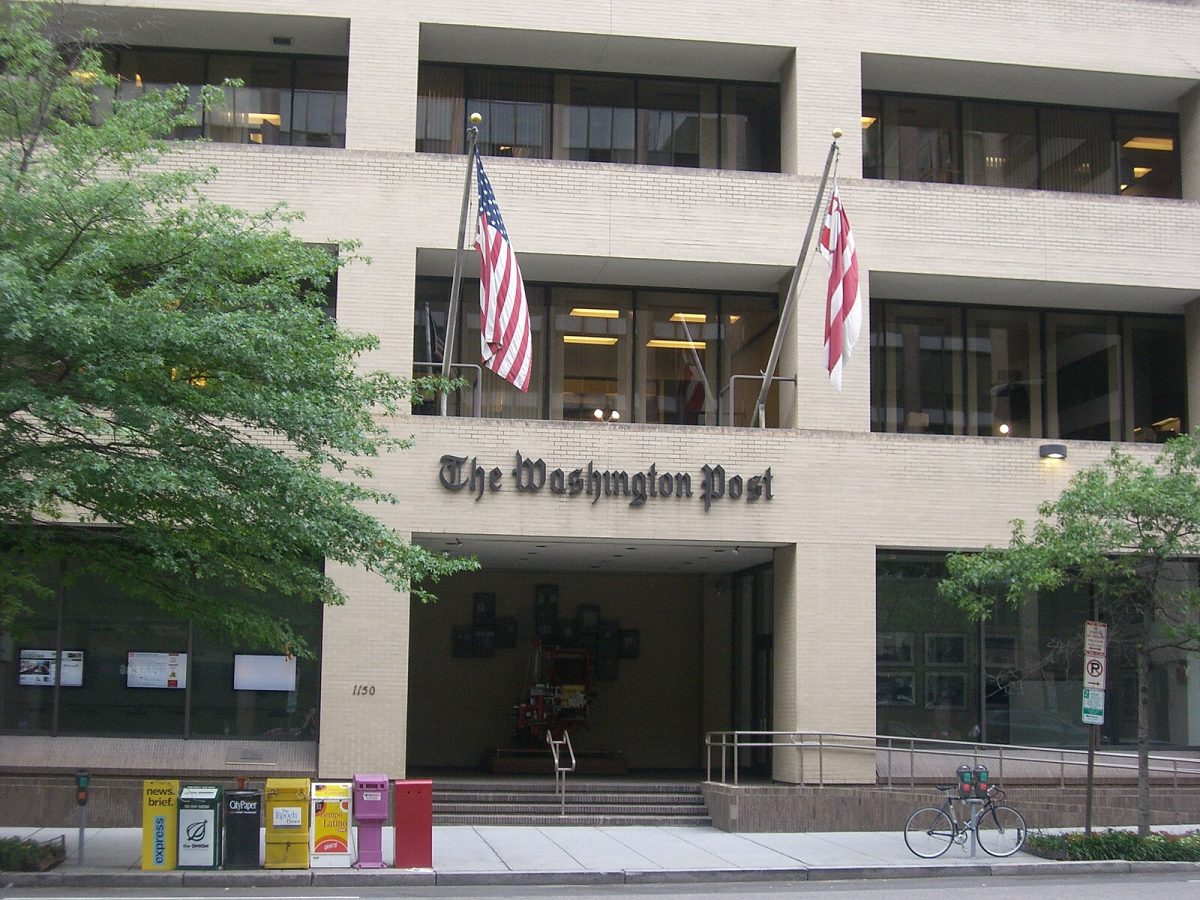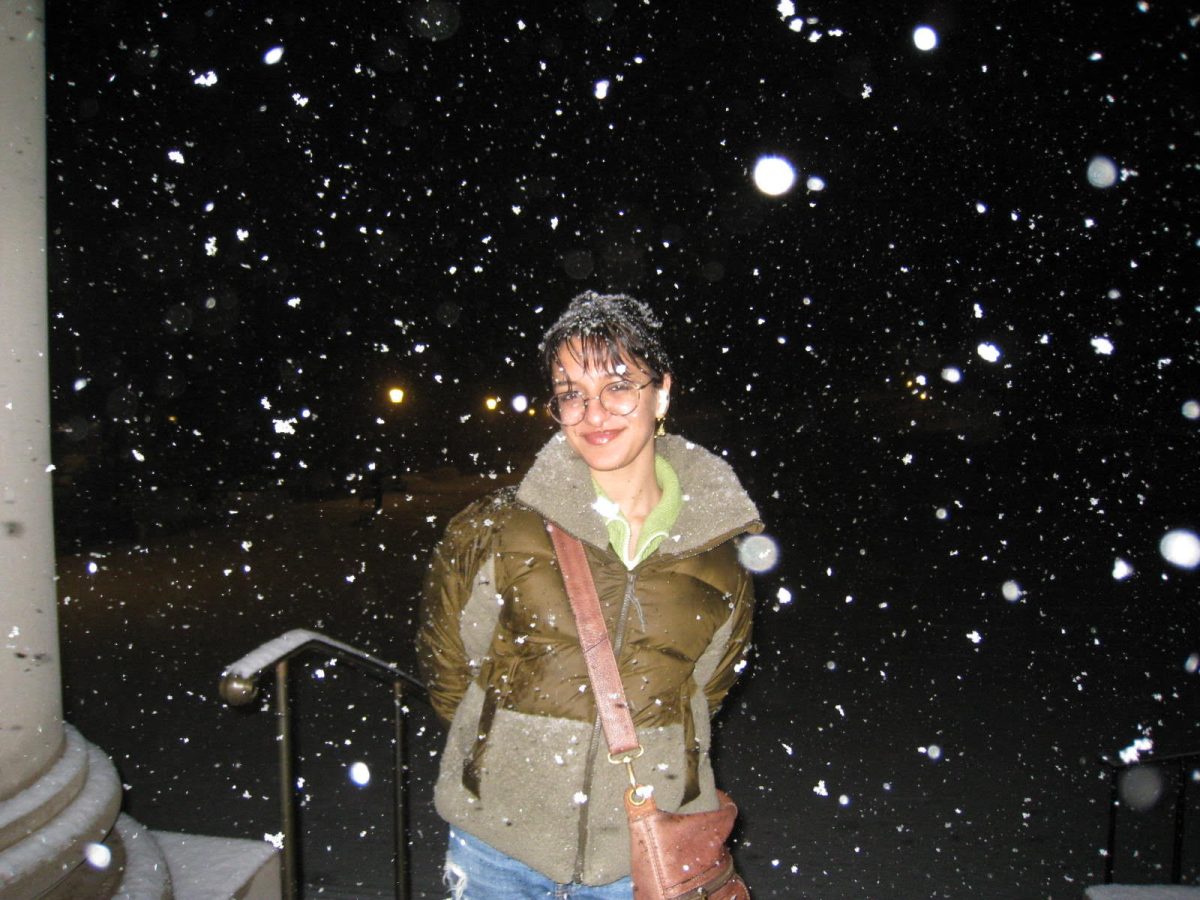
During a Florida summer in 2012, Hannah Fried ’04 looked on as democracy was tested in real time. Working as a poll watcher for President Barack Obama’s reelection campaign, she noticed a troubling pattern: Though campaigns mobilized to protect voters’ rights immediately before a major election, the real work needed to happen in the years between cycles. Decisions about voting infrastructure and the locations of polling sites were made long before voters cast their ballots. Fried and her friends joked that somebody should start an organization that worked on protecting voters’ rights year-round.
Six years later, after serving in the Office of Legal Policy at the Department of Justice and working on Hillary Clinton’s 2016 presidential campaign, Fried realized that she could fill that very gap. Fried co-founded the national nonpartisan organization All Voting is Local in 2018. As the organization’s executive director, Fried leads efforts to fight for the fundamental democratic right to a free and fair election. In September, Fried was named to the TIME100 Next List in recognition of her leadership.
All Voting is Local is a nonpartisan organization that fights year-round — not exclusively during election season — for equitable and easy voting access at both state and local levels. The organization works on the ground in eight states with recent histories of discriminatory voting practices: Arizona, Florida, Georgia, Michigan, Nevada, Ohio, Pennsylvania, and Wisconsin. During the 2024 election cycle, the organization expanded voting access for more than 13 million people across the country, according to its website.
In an interview with the Record, Fried credited her experience at the College as a political science and American studies double major with shaping her advocacy work. “I’m a lawyer, but I am not a litigator,” Fried, a graduate of Harvard Law school, told the Record. “Litigation is a tool in the fight for voting rights and social justice, but so is culture change. So is persuasive argument. So is building interpersonal dynamics between trusted messengers and their community… You can’t solve any of these deeply entrenched social or political problems without a multi-pronged strategy, and I do think that that’s what my education at Williams gave me.”
Fried noted how obstacles to the universal right to vote are age-old problems for the United States. “Since this country was founded, the way that we administer elections was set up to keep some people out and bring some people in,” she said. “That is not a new problem. That’s a 250-year-old problem. But the disinformation about the methods of voting, the systems that we vote on, [and] who’s on our voter rolls coming from officials at the absolute highest levels of government — that is a truly profound threat.”
Over the past year, the federal government has taken steps to further restrict Americans’ voting access. The House of Representatives passed the SAVE Act, which tightens voter identification requirements, and President Donald Trump signed an executive order to create requirements for voters to show a passport or similar documentation, which could disenfranchise millions of American citizens, according to the Brennan Center for Justice.
In a September piece in Time Magazine titled “Voter Registration is Being Undermined Across America,” Fried called attention to similar efforts across the state and local level that mirrored acts by the president and Congress to undermine the voices of voters.
“The SAVE Act has become a permission slip for state lawmakers to advance similar restrictions, often justified by misinformation masquerading as fact,”
Fried wrote. “These efforts distract us from the real issues facing our families and make it harder for eligible Americans to vote. The real agenda is exclusion.”
Despite these challenges, Fried emphasized the non-partisan nature of All Voting is Local. “This is not about partisan politics,” she said. “We did a study as an organization that found that 83 percent of Americans across party lines think that voting should be safe and accessible because it is a fundamental right and responsibility. That is a value that we come back to just about every day.”
Fried pointed to the widespread impact of diminished voting rights. “Forty-seven million Americans vote by mail,” she said. “That includes overseas military, includes folks with disabilities, includes people who can’t get to the polls because they work two jobs or three, right? That is something that I think a lot of us can relate to.”
Amid rising threats to voters’ rights, Fried emphasized the importance of student efforts to protect democracy. “Sign up to be a poll worker,” Fried said. “There are polling places in and around Williamstown where you can be a poll worker and help other people to vote, and it is truly the greatest privilege to help someone be able to cast their ballot in a free and fair election.”








